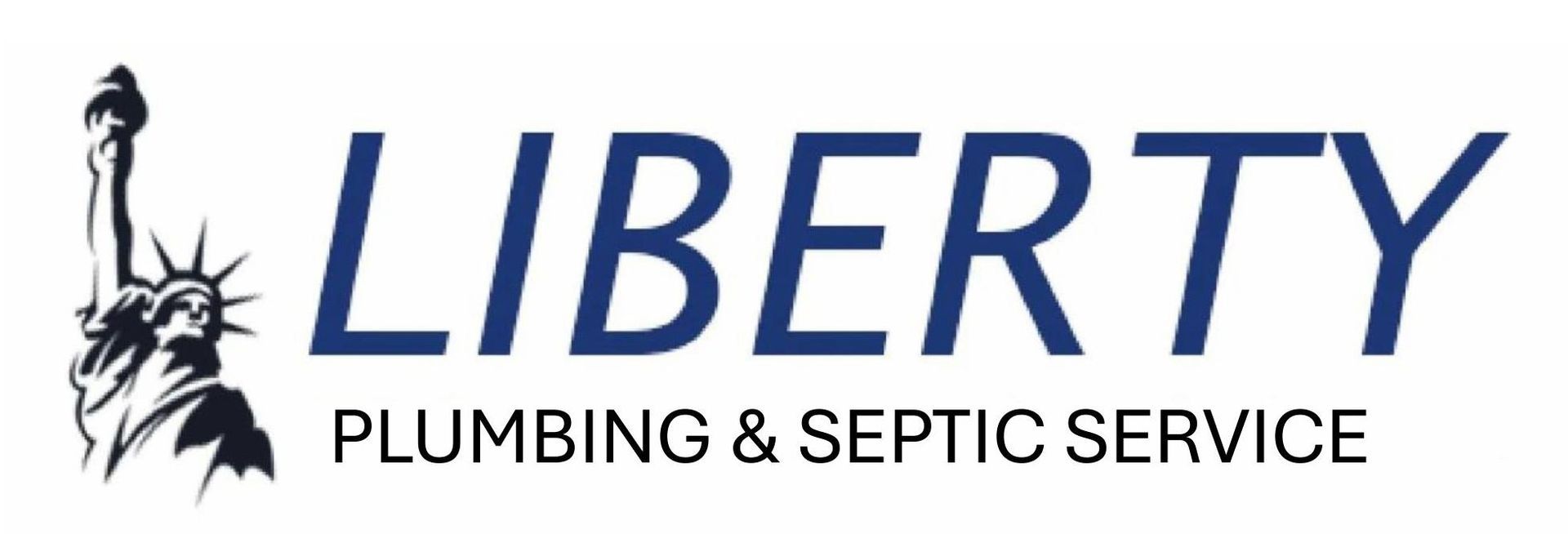EMERGENCY SEPTIC PUMPING
Few phrases strike more dread into a homeowner's heart than "septic emergency." The thought of sewage backing up into your home, foul odors permeating your property, or a sudden, unexplained swamp appearing in your yard is enough to send anyone into a panic.
While regular septic tank pumping is key to avoiding these nightmares, sometimes, despite your best efforts, an unforeseen crisis can hit. When your septic system goes into meltdown mode, you don't just need pumping – you need emergency septic tank pumping.
So, how do you know if you're facing a true emergency? And what should your first steps be? Let's dive in.
What Constitutes a Septic Emergency?
It's more than just a full tank. A septic emergency means your system is actively failing and posing an immediate health hazard or causing property damage. This typically includes:
- Sewage Backing Up: The most obvious and alarming sign. Toilets won't flush, drains are gurgling and then overflowing with wastewater (often smelling distinctly of sewage).
- Wastewater Pooling in Your Yard: If you see standing, foul-smelling water over your septic tank or drain field, it's a critical sign your system can't handle the effluent.
- Septic Alarm Blaring: Many modern septic systems have alarms that alert you when the tank is too full or there's a pump malfunction. Don't ignore it!
- Overwhelming Odors: While some smells are normal around the vent, a pervasive, putrid sewage smell inside your home or strong odors around your septic area signal a serious problem.
Why Does an Emergency Happen?
Even if you're diligent, emergencies can still occur due to:
- Overdue Pumping: The most common culprit. If your tank hasn't been pumped in years, it simply reaches its capacity, and solids begin to block the outlet, preventing water from draining.
- Excessive Water Usage: A sudden influx of water (e.g., house guests, multiple laundry loads, lengthy showers over a short period) can overwhelm a tank that's already nearing capacity.
- Non-Biodegradables: Flushing "flushable" wipes, feminine hygiene products, excessive grease, or other non-biodegradable items can quickly clog your system and fill the tank with solids.
- Drain Field Failure: While pumping might offer temporary relief, if your drain field is saturated or failing, the tank will fill up rapidly after pumping.
- Pipe Blockages/Damage: A collapsed pipe or severe blockage between your house and the tank, or from the tank to the drain field, can also cause immediate backup.
What to Do When Disaster Strikes (Your Emergency Checklist)
If you suspect a septic emergency, swift action is crucial to minimize damage and health risks:
- STOP All Water Usage IMMEDIATELY: This is your #1 priority. Do not flush toilets, run water in sinks, take showers, or do laundry. Every drop of water you use will only worsen the backup.
- Call a Professional Septic Service Provider: Don't delay. Explain that you have an emergency – describe your symptoms clearly (e.g., "sewage backing up into my basement"). A reputable company will prioritize emergency calls and dispatch a truck as quickly as possible.
- Ventilate Your Home: Open windows and doors (if safe and practical) to air out any sewage odors.
- Avoid Contact with Wastewater: Do not attempt to clean up sewage without proper protective gear. This contaminated water can carry harmful bacteria and viruses.
- Locate Your Septic Tank Lid (If Safe): If you know where your tank is and can safely access the lid, you might inform the technician, but do not attempt to open it yourself unless instructed and you know exactly what you're doing.
- Document the Problem: Take photos or videos of the backup or overflow. This can be helpful for your septic technician and potentially for insurance purposes.
Beyond the Emergency: Prevention is Key
Once the immediate crisis is averted, it's vital to address the underlying cause and take steps to prevent future emergencies:
- Schedule Regular Pumping: This is the golden rule! Most experts recommend pumping every 3-5 years, depending on household size and tank volume.
- Watch What You Flush: Only human waste and toilet paper should go down your drains. Avoid wipes (even "flushable" ones), grease, harsh chemicals, hygiene products, and coffee grounds.
- Conserve Water: Spread out your water usage throughout the week. Avoid doing multiple loads of laundry or running the dishwasher, taking long showers, and running multiple appliances simultaneously.
- Know Your System: Understand where your tank, drain field, and any alarm systems are located.
- Get Regular Inspections: Combine your pumping with a thorough inspection to catch minor issues before they become major emergencies.
A septic emergency is undeniably stressful, but by knowing the signs and taking immediate action, you can protect your home and minimize the damage. And remember, investing in regular maintenance is the best defense against ever needing to make that panicked emergency call.
Experiencing a Septic Emergency? Don't wait! Contact us immediately for fast, reliable emergency septic tank pumping services.



